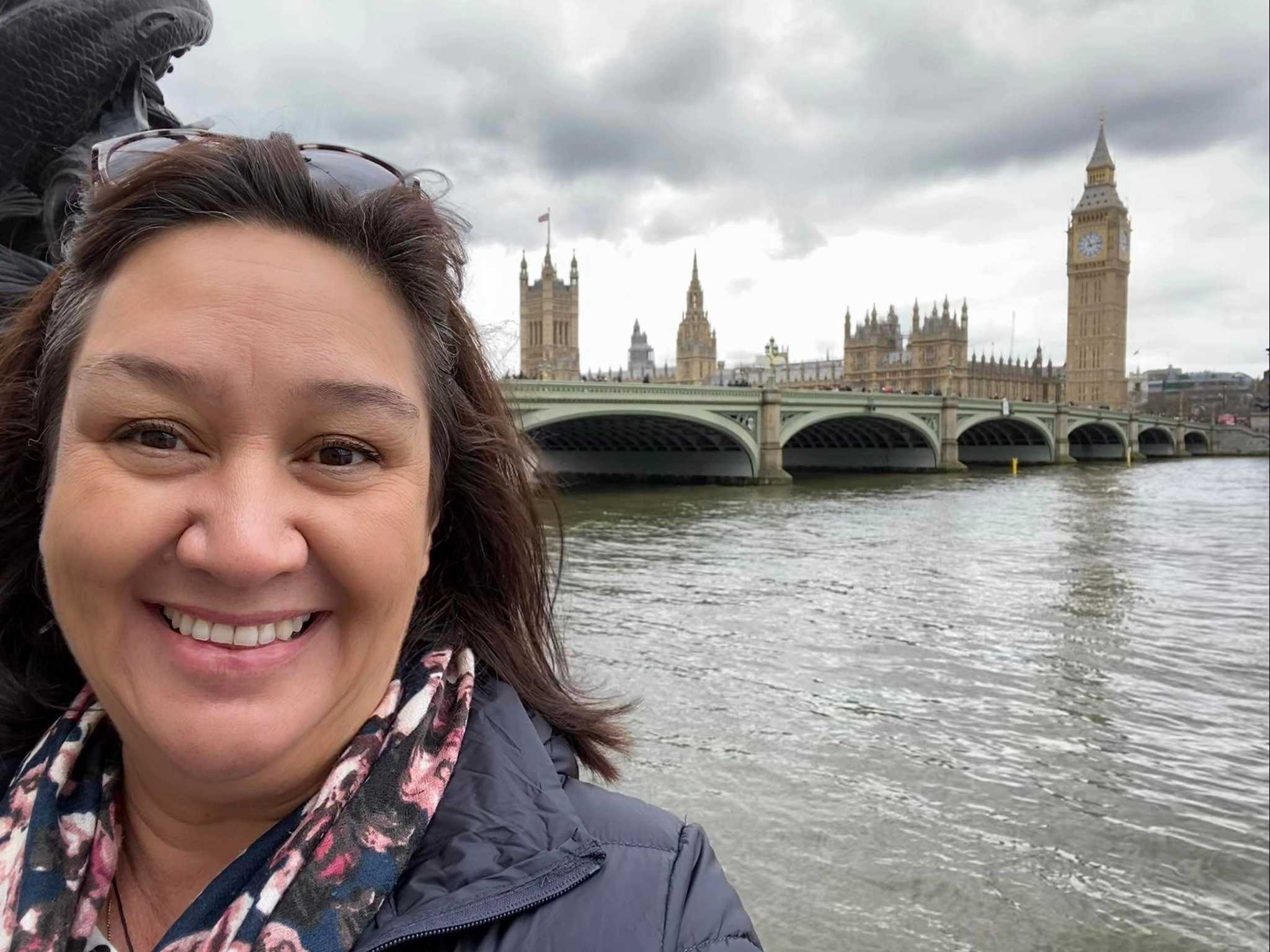While work was my primary focus, this was also my first long-haul journey, and I was privileged to witness so many breathtaking sights. From the stunning architecture of Westminster Abbey, London Bridge and Big Ben, to the winding cobblestone alleys of central London, I was truly immersed in the rich culture of England. As a several generation ‘Kiwi’, I whakapapa to Aotearoa’s Tainui iwi as well as to the Surrey region of England. It was incredibly humbling to see, and experience, a small part of the land where part of my family genealogy and history lies.
History, culture and influences
As a country, my Aotearoa New Zealand home is a young nation, with a relatively short history in comparison to England and the UK. My visit to St Mary’s Redcliffe in Bristol, a historical landmark that dates back to the early 12th century and is likely older than my Kiwi homeland, left me humbled. As I reflected on the immense power history and culture holds in shaping our identities and guiding our futures, I recognised that the ways in which we record and interpret our histories has a significant impact on our lives. It was a timely reminder of the collaborative nature of history, how it intertwines with our culture, influences our sense of self and the trajectory of our lives. Our history, our whakapapa, who we are and where we come from is paramount.
Empowerment through collaboration
At Mind of My Own, collaboration is always at the forefront of our work. Our dedicated team works tirelessly to improve and deliver our suite of digital participation tools for tamariki and rangatahi/children and young people. Our e-platforms are specifically designed to give tamariki an active voice, allowing them to record their history, their words, at their own pace, collaboratively with family/whanau or professionals in their immediate world. These groundbreaking e-products empower rangatahi to tell their stories, share their good news and seek help when needed. We extensively consult with rangatahi in co-production sessions to actively involve them in the process of improving our tools, ensuring their ownership of the way their voices and histories are recorded.
I am yet to find a more child-centric, empowering tool than the Mind of My Own apps. What better way for young people to be meaningfully heard than to be able to record their history, in the moment, in their own authentic voice – and have those thoughts considered as an important part of the decision-making processes around their futures?




